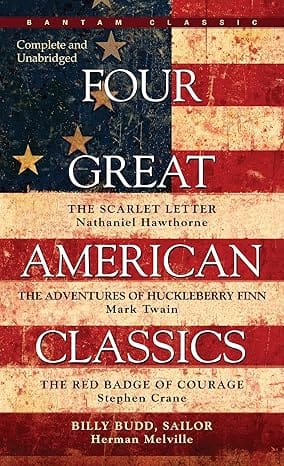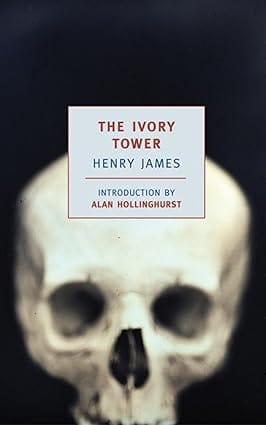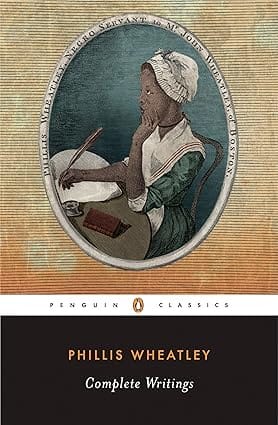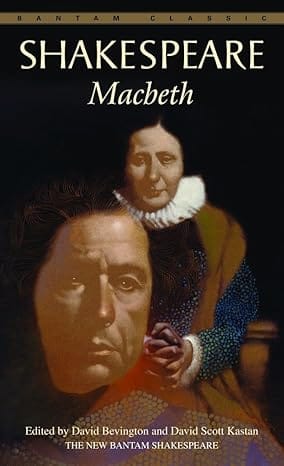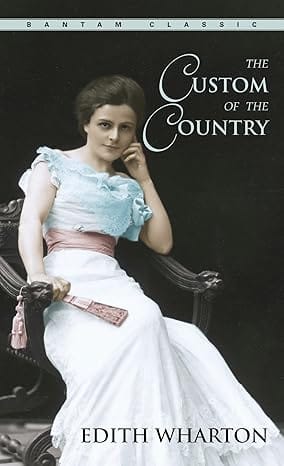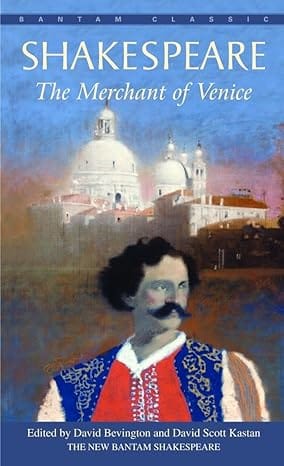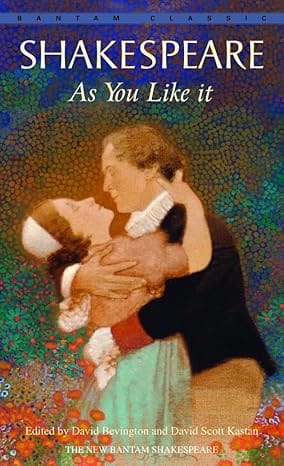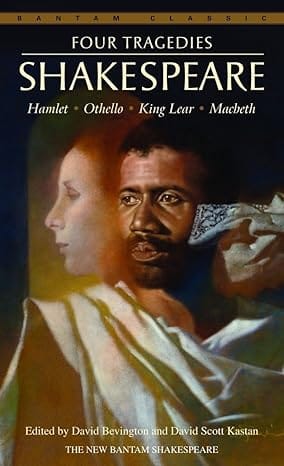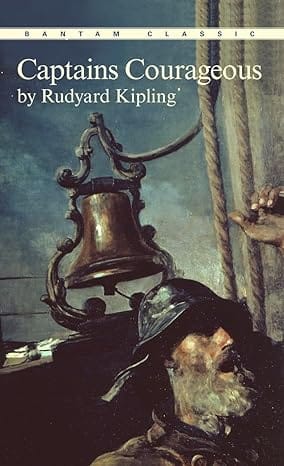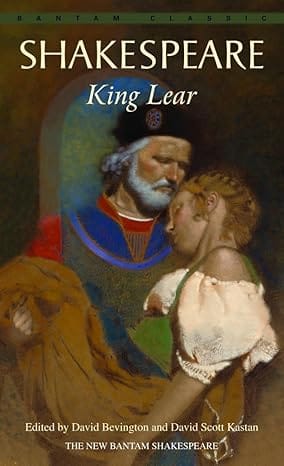WELCOME TO MIDLAND BOOK SHOP!
SHOP FOR
- Contemporary Fiction
- Contemporary Fiction
- Children
- Children
- Comics & Graphic Novels
- Comics & Graphic Novels
- Non-Fiction
- Non-Fiction
- Fiction
- Fiction
Shop No.20, Aurobindo Palace Market, Hauz Khas, Near Church +91 9818282497 | 011 26867121 110016 New Delhi IN
Midland The Book Shop ™
Shop No.20, Aurobindo Palace Market, Hauz Khas, Near Church +91 9818282497 | 011 26867121 New Delhi, IN
+919871604786 https://www.midlandbookshop.com/s/607fe93d7eafcac1f2c73ea4/677cda367903fd013d69b606/without-tag-line-480x480.png" [email protected]9780553213621 680a2b060f7695dd7e9453fb Four Great American Classics https://www.midlandbookshop.com/s/607fe93d7eafcac1f2c73ea4/680a2b080f7695dd7e945403/91rg4svqvol-_sy466_.jpg 9780553213621
These four landmark novels of nineteenth-century American literature have gained a permanent place in our culture as great classics. They are not only part of our national heritage, but masterpieces of world literature whose deep and lasting influence is felt to this day.
The Scarlet Letter vividly records America’s moral and historical roots in Puritan New England and masterfully re-creates a society’s preoccupation with sin, guilt, and pride.
The Adventures of Huckleberry Finn carries readers along on Huck’s unforgettable journey down the Mississippi in America’s foremost comic epic—the first great novel in a truly American voice.
The Red Badge of Courage re-creates the brutal reality of war and its psychological impact on a young Civil War soldier in one of the most moving and widely read American novels.
Billy Budd, Sailor, and Other Stories joins the world’s great tragic literature as a doomed seaman becomes the innocent victim of a clash between social authority and individual freedom.
The Scarlet Letter vividly records America’s moral and historical roots in Puritan New England and masterfully re-creates a society’s preoccupation with sin, guilt, and pride.
The Adventures of Huckleberry Finn carries readers along on Huck’s unforgettable journey down the Mississippi in America’s foremost comic epic—the first great novel in a truly American voice.
The Red Badge of Courage re-creates the brutal reality of war and its psychological impact on a young Civil War soldier in one of the most moving and widely read American novels.
Billy Budd, Sailor, and Other Stories joins the world’s great tragic literature as a doomed seaman becomes the innocent victim of a clash between social authority and individual freedom.
About the Author
Herman Melville was born in New York City in 1819. When his father died, he was forced to leave school and find work. After passing through some minor clerical jobs, the eighteen-year-old young man shipped out to sea, first on a short cargo trip, then, at twenty-one, on a three-year South Sea whaling venture. From the experiences accumulated on this voyage would come the material for his early books, Typee (1846) and Omoo (1847), as well as for such masterpieces as Moby-Dick (1851), Pierre (1852), The Piazza Tales (1856), and Billy Budd, Sailor, and Other Stories (posthumous, 1924). Though the first two novels—popular romantic adventures—sold well, Melville's more serious writing failed to attract a large audience, perhaps because it attacked the current philosophy of transcendentalism and its espoused "self-reliance." (As he m
in stockINR 719
1 1
Email ID already exists!
Your Current password is incorrect
Password Updated Successfully
Thanks for your Feedback
- Home
- Fiction
- Classic Text
- Four Great American Classics
Four Great American Classics
ISBN: 9780553213621
₹719
₹899 (20% OFF)SIZE GUIDE
Sold By: Hauz Khas - Aurobindo Market
Details
- ISBN: 9780553213621
- Author: Herman Melville
- Publisher: Bantam Classics
- Pages: 896
- Format: Paperback
Book Description
These four landmark novels of nineteenth-century American literature have gained a permanent place in our culture as great classics. They are not only part of our national heritage, but masterpieces of world literature whose deep and lasting influence is felt to this day.
The Scarlet Letter vividly records America’s moral and historical roots in Puritan New England and masterfully re-creates a society’s preoccupation with sin, guilt, and pride.
The Adventures of Huckleberry Finn carries readers along on Huck’s unforgettable journey down the Mississippi in America’s foremost comic epic—the first great novel in a truly American voice.
The Red Badge of Courage re-creates the brutal reality of war and its psychological impact on a young Civil War soldier in one of the most moving and widely read American novels.
Billy Budd, Sailor, and Other Stories joins the world’s great tragic literature as a doomed seaman becomes the innocent victim of a clash between social authority and individual freedom.
The Scarlet Letter vividly records America’s moral and historical roots in Puritan New England and masterfully re-creates a society’s preoccupation with sin, guilt, and pride.
The Adventures of Huckleberry Finn carries readers along on Huck’s unforgettable journey down the Mississippi in America’s foremost comic epic—the first great novel in a truly American voice.
The Red Badge of Courage re-creates the brutal reality of war and its psychological impact on a young Civil War soldier in one of the most moving and widely read American novels.
Billy Budd, Sailor, and Other Stories joins the world’s great tragic literature as a doomed seaman becomes the innocent victim of a clash between social authority and individual freedom.
About the Author
Herman Melville was born in New York City in 1819. When his father died, he was forced to leave school and find work. After passing through some minor clerical jobs, the eighteen-year-old young man shipped out to sea, first on a short cargo trip, then, at twenty-one, on a three-year South Sea whaling venture. From the experiences accumulated on this voyage would come the material for his early books, Typee (1846) and Omoo (1847), as well as for such masterpieces as Moby-Dick (1851), Pierre (1852), The Piazza Tales (1856), and Billy Budd, Sailor, and Other Stories (posthumous, 1924). Though the first two novels—popular romantic adventures—sold well, Melville's more serious writing failed to attract a large audience, perhaps because it attacked the current philosophy of transcendentalism and its espoused "self-reliance." (As he m
User reviews
NEWSLETTER
Subscribe to get Email Updates!
Thanks for subscribing.
Your response has been recorded.

India's Iconic & Independent Book Store offering a vast selection of books across a variety of genres Since 1978.
"We Believe In The Power of Books" Our mission is to make books accessible to everyone, and to cultivate a culture of reading and learning. We strive to provide a wide range of books, from classic literature, sci-fi and fantasy, to graphic novels, biographies and self-help books, so that everyone can find something to read.
Whether you’re looking for your next great read, a gift for someone special, or just browsing, Midland is here to make your book-buying experience easy and enjoyable.
We are shipping pan India and across the world.
For Bulk Order / Corporate Gifting
 +91 9818282497 |
+91 9818282497 |  [email protected]
[email protected]
Click To Know More
INFORMATION
QUICK LINKS
ADDRESS
Midland Book Shop - Hauz Khas
Shop No.20, Aurobindo Palace Market, Near Church, New Delhi
Shop No.20, Aurobindo Palace Market, Near Church, New Delhi

